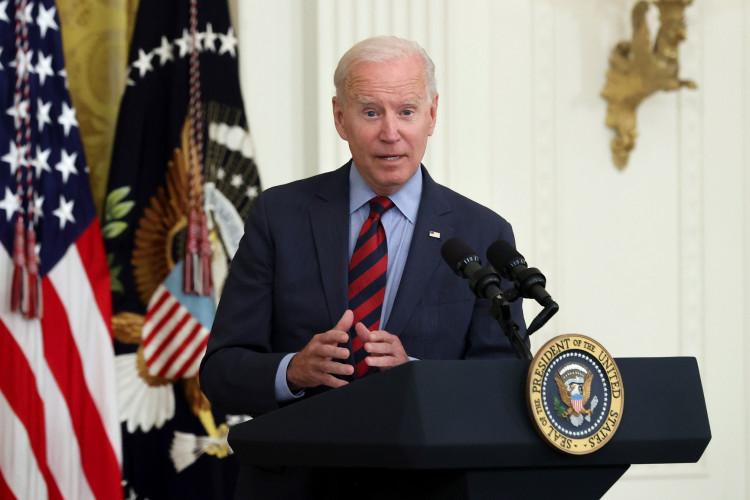In the wake of escalating violence in the Middle East, the world has been closely monitoring the reactions and responses of global leaders. The recent attacks by Hamas on Israel have resulted in significant casualties, with the death toll in Israel reaching 1,200 and nearly 900 in Gaza due to retaliatory airstrikes. Amid this backdrop, U.S. President Joe Biden has taken a firm stance, pledging unwavering support for Israel and condemning the actions of Hamas as "sheer evil."
The situation on the ground is dire. Journalists who recently gained access to the Kfar Aza kibbutz, located on the Gaza border, reported a harrowing scene. The kibbutz faced a brutal onslaught after Hamas militants breached the border. Maj Gen Itai Veruv of the Israel Defence Forces described the scene as a "massacre," with families, including mothers, fathers, and children, killed in various parts of their homes. The violence wasn't limited to military confrontations. Reports suggest that fighters armed with an array of weapons rampaged through the area, killing and mutilating residents.
Biden, in a televised address from the White House, expressed his condolences and outrage, highlighting that at least 14 Americans were killed in the Hamas attack. Furthermore, an unknown number of Americans are currently being held hostage. The President emphasized the U.S.'s commitment to Israel, stating, "In this moment, we must be crystal clear: We stand with Israel."
The situation in Gaza is equally concerning. The region, home to 2.3 million people, is under a blockade, cutting off essential supplies like food and fuel. The airstrikes have not only resulted in a high death toll but have also struck residential buildings, hospitals, and schools. The U.S. is currently in discussions with Israel and Egypt about creating a safe passage for Gaza's civilians, as confirmed by U.S. National Security Adviser Jake Sullivan.
The international community has been active in voicing concerns and offering support. China, for instance, has called for humanitarian aid for Palestinians. Zhai Jun, China's special envoy for the Middle East, emphasized the need for support in a conversation with an official from Egypt's Ministry of Foreign Affairs. However, Chinese leader Xi Jinping has not engaged in direct talks with either Israeli Prime Minister Benjamin Netanyahu or Palestinian Authority President Mahmoud Abbas since the conflict began.
The U.S.'s support for Israel is multifaceted. Beyond diplomatic assurances, the first plane carrying advanced American ammunition has already arrived in Israel. Biden's discussions with Netanyahu have also touched upon further military support, including ammunition and Iron Dome interceptors.
The global implications of the conflict are vast. The situation has even influenced geopolitical dynamics elsewhere. For instance, the ongoing conflict between Israel and Hamas is perceived to benefit Russia, as it could potentially divert U.S. and European attention from the war in Ukraine.
As the world watches, the hope is for a swift resolution that prioritizes the safety of civilians and establishes a lasting peace in the region.





